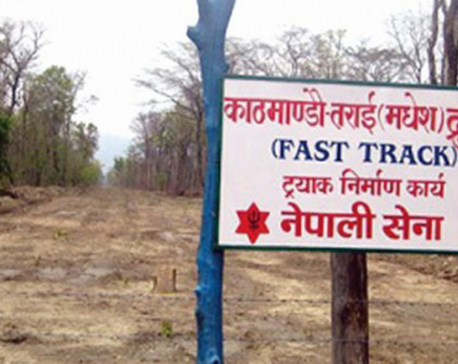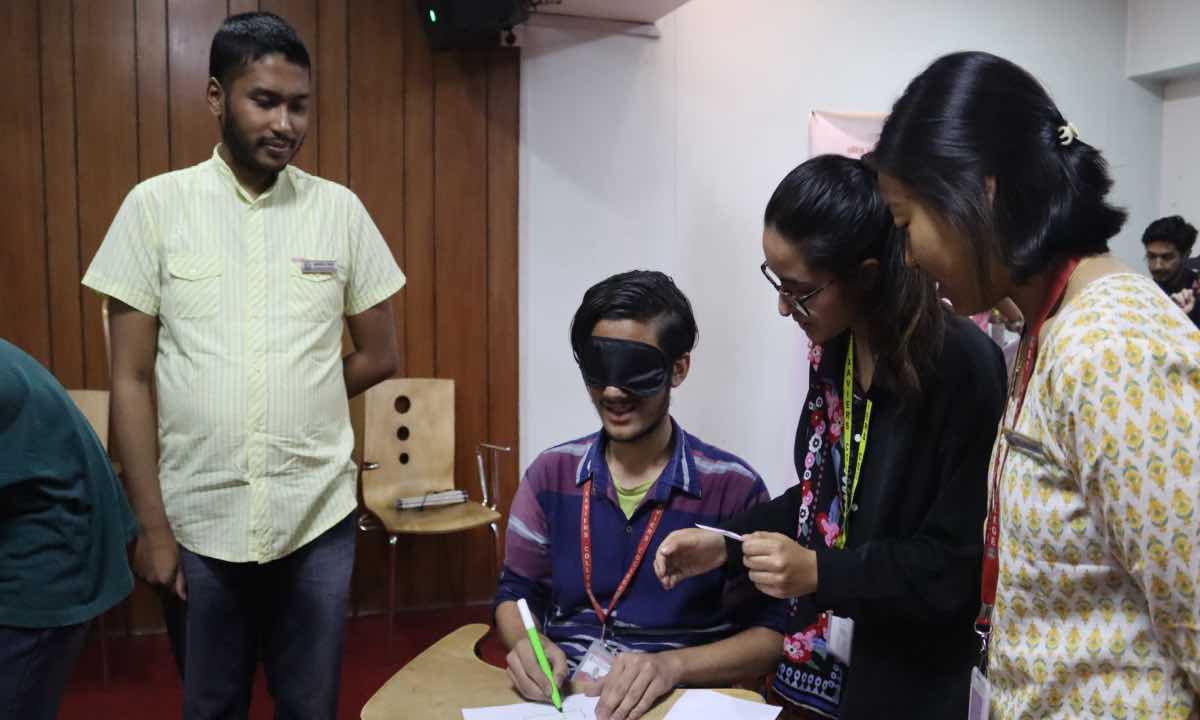
OR
India, China relations
With Chinese President Xi Jinping likely to visit Nepal in October, there is renewed hope that the deals that were signed between Nepal and China during then-Prime Minister KP Sharma Oli’s China visit back in March could finally be operational. Chief among these agreements was a landmark transit treaty that for the first time recognized Nepal’s right to trade with third countries through Chinese territories. Many dismissed this transit treaty as ‘unrealistic’ as it will always cost Nepal a lot less to import third-country goods via India. But the transit treaty is in our national interest: if it becomes operational, never again will any party be able to impose a blockade on Nepal. Thus the transit treaty with China has great strategic value. We would also like to see progress on the theoretical understanding between Nepal and China to extend the Chinese railway—first, to important urban hubs in Nepal like Kathmandu and Pokhara and, second, to extend the same lines to northern India. For that is the only way Nepal’s old dream of trilateral cooperation between Nepal, India and China will come true.
India has up until now shown little interest in such trilateral cooperation. The Indian political establishment seems to believe that it must, as a matter of policy, minimize China’s role in Nepal. This is why even though the Indian establishment recognizes that it is unrealistic to hope to maintain exclusive ‘spheres of influence’ in this age of connectivity, it is still loath to see small countries in the region like Nepal and Bhutan getting close to China. History explains the Indian insecurity, at least in part. Since its humiliating loss to China in the 1962 war, India has been paranoid about the prospect of being ‘surrounded’ by China. So Nepal must address valid Indian security concerns—be they with respect to China or Pakistan—if it is serious about such trilateral cooperation. More than that, it is also up to Nepali political leadership to try to convince New Delhi that developing Nepal as an economic bridge between India and China is, in the long run, in the interest of all three countries. After all, Nepal offers some of the safest and shortest routes between India and China.
But no amount of pleading on Nepal’s part will help if New Delhi is convinced that the leaders in Kathmandu are determined to play the proverbial ‘China card’. We believe that such insecurity does not behoove the largest democracy in the world, which is now also aspiring to be a global power. India can never be a great power if it is not first acknowledged as such in its own neighborhood. To do so it must be ready to work in the interest of smaller countries in the region like Nepal, Bhutan and Bangladesh that are not, in any way, competing against India. There is also nothing wrong with India being on its guard against a progressively powerful China. But when it comes to a small country like Nepal, the Indian interest, we believe, will be best served if it unconditionally supports their economic development, and from a safe distance. That is the strongest bond of friendship it can forge. And there can be no better manifestation of such friendship than giving Nepal the rare honor of developing itself as a vibrant economic bridge straddling not just two big and powerful countries, but two civilizations.
You May Like This

India to establish over 1,000 courts to 'Fast Track' rape cases for swift justice
CARACAS, July 31: The Indian government decided to frame a scheme to set up an "appropriate" number of fast-track courts... Read More...

NPC begins study of Kathmandu-Tarai Fast Track
KATHMANDU, Dec 29: The National Planning Commission (NPC) has started carrying out a study of the Kathmandu-Tarai Fast Track to... Read More...

PM Dahal, Modi and Xi hold trilateral meeting in Goa
KATHMANDU, Oct 16: A proposal by Nepal before the trilateral meeting among Prime Minister Pushpa Kamal Dahal, Indian Prime Minister... Read More...






Just In
- Forest fire destroys 13 houses in Khotang
- First meeting of Nepal-China aid projects concludes
- Lungeli appointed as Minister for Labor and Transport in Madhesh province govt
- Bus knocks down a pilgrim to death in Chitwan
- One killed in tractor-hit
- Karnali Chief Minister Kandel to seek vote of confidence today
- Chain for Change organizes ‘Project Wings to Dreams’ orientation event for inclusive education
- Gold price decreases by Rs 200 per tola today













Leave A Comment